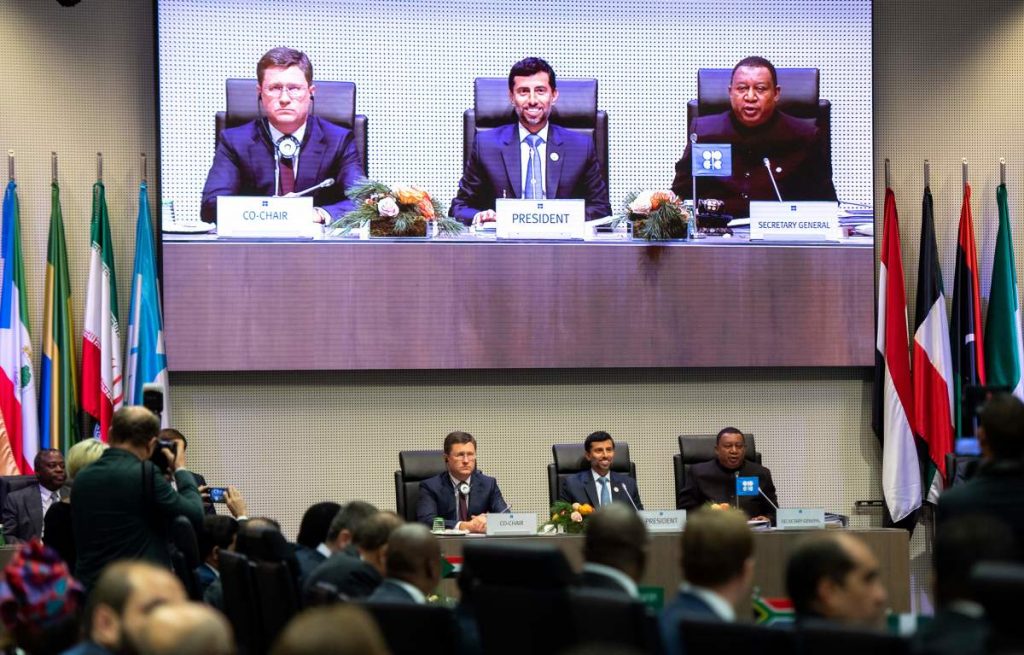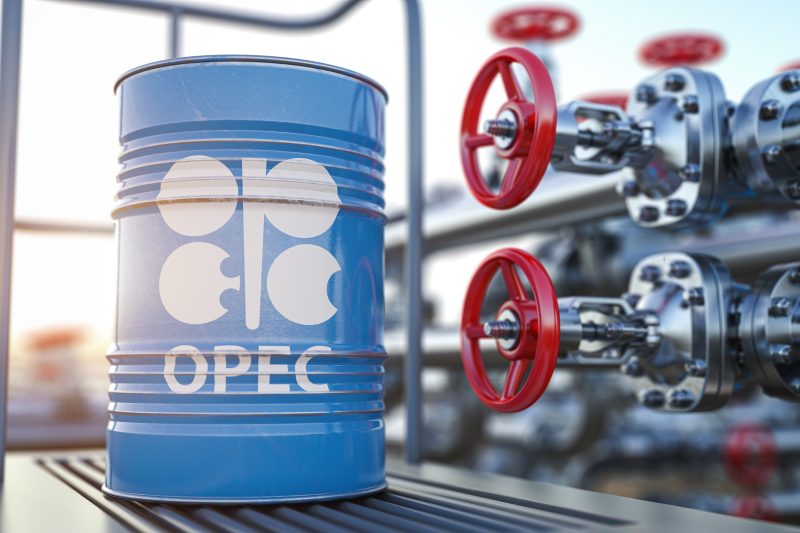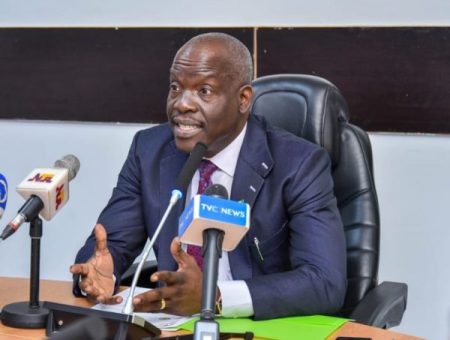
16 December 2018, Sweetcrude, Lagos — The Organization of the Petroleum Exporting Countries, OPEC, has called on parties involved in the climate change pact, to promote all-inclusive policies that are not discriminatory in content and implementation.
The group’s Secretary General, Mohammad Barkindo made the appeal in a statement delivered at the UN Climate Change Conference in Katowice, Poland.
According to him, the corporate world should join hands with governments and civil society in promoting this inclusiveness.
“Appropriate technologies that would address carbon emissions leading to the elimination of these emissions are not beyond reach and are indeed feasible”, he said.
“The funding of the R&D of these technologies is the responsibility of both producers and consumers. Our Member Countries are playing their role creditably in this regard to ensure that the over 1.2 trillion barrels of proven oil reserves are not stranded”, adding that oil and gas will continue to account for more than 50% of the global energy mix well beyond 2040.
The energy transition is therefore not a transition from one energy source to another. All sources of energy are needed to meet current and future demand, he said.
“OPEC and our non-OPEC partners in the Declaration of Cooperation will continue to undertake our obligation in combating Climate Change based on equity, common but differentiated responsibilities, and respective capabilities”.
He stated unequivocally that the oil industry must be part of the solution to the climate change challenge.
“We too believe that “there is no Planet B.” We are responsible citizens of this planet”.
The scale of the challenge, Barkindo said means, that no single energy source is a panacea; nor can the contribution of an entire industry or group of countries be overlooked.
“This is not a race to renewables alone; it’s a race to lower greenhouse gas emissions”.
“The oil industry possesses know-how and experience for reducing our environmental footprint: working practices and fuel efficiency standards have improved exponentially over the decades”.
“Of course, more needs to be done. Nevertheless, the industry’s capacity for technological innovation must be harnessed within this process”.
“This is particularly the case considering oil’s enabling role in economic growth and social progress. Indeed, oil has fueled our modern civilization. I should emphasise the facilitative role of international trade, this role should continue”.
“Furthermore, energy poverty remains a scourge of our time: today one billion people lack access to electricity and three billion lack clean fuels for cooking”.
“An ever cleaner oil industry, driven by technological innovation, can improve the livelihoods of billions of people in a sustainable way”, he said.



